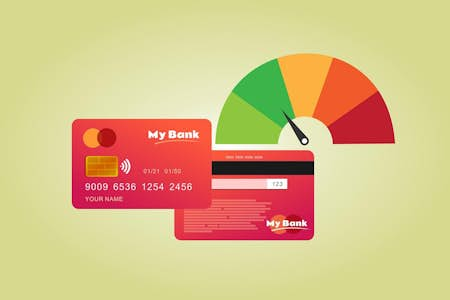During the height of the Covid-19 pandemic, the UK’s acceleration towards becoming a cashless society picked up pace. Many businesses refused to take cash payments from customers owing to fears that handling notes and coins could spread the virus with even greater speed and ease.
While research shows the risk of spreading the virus in this way is low, many businesses continue to demand payment via card or digital methods. Data from Consumer Intelligence has shown that despite the success of the vaccination programme and the easing of lockdown, one-fifth of shoppers are still refused cash transactions by businesses.
Concerns over cashless society
The refusal of some businesses to accept cash despite having done so before the pandemic is causing inconvenience for many. Older people and those on benefits, in particular, tend to be more reliant on cash, so this has hit them harder than most.
There are also increased concerns about Britain moving ever closer to becoming a cashless society, with calls for the purge on coins and notes to end. Of the one-fifth that said they had been refused cash transactions, 84% said this refusal was from businesses that had been happy to take cash before the outbreak of the virus last March.
Despite the Bank of England confirming that the risk of spreading the virus from cash handling was low, businesses such as shops, restaurants, and pubs have all made it clear that they will not accept cash as a form of payment.
Calls for businesses to start accepting cash again
Shops, restaurants, and other businesses are now being urged to start accepting cash payments again because many rely on this payment method.
Jamie Stone, a Liberal Democrat MP, is one of those campaigning for cash to become widely accepted again. He said, “It is no exaggeration to say that cash is a lifeline for millions and is a vital budgeting tool. It is bonkers that some retailers refuse cash — by doing so, they are inviting people to reduce the security of their bank accounts for the sake of a pint of milk.”
A recent UK Finance Report showed that in 2020, cash payments made up just 17% of all transactions. This rapid decline in the use of cash resulted from many businesses refusing cash over fears that it would accelerate the spread of the virus.
As a result of more people being forced to make payments by card, the chancellor, Rishi Sunak, increased the contactless limit last year from £30 to £45. There are further plans to increase it again this year, leading to more businesses continuing to demand customers pay by card rather than cash.
Another MP, Labour’s Yvonne Fovargue, said, “The pandemic may well have forced most to rely on cards or internet transfers, but millions of people still use cash every day. It is simply wrong for shops to refuse or discourage the use of cash.”
Many consumers unhappy with the situation
Many consumers have expressed their concerns and frustration about the situation. Some believe that businesses are now using Covid as an excuse to refuse cash transactions because it is simply more convenient for them not to have cash on the premises.
Others have said that being forced to use cards and other payment methods has made it far more difficult for them to budget and control their money.





